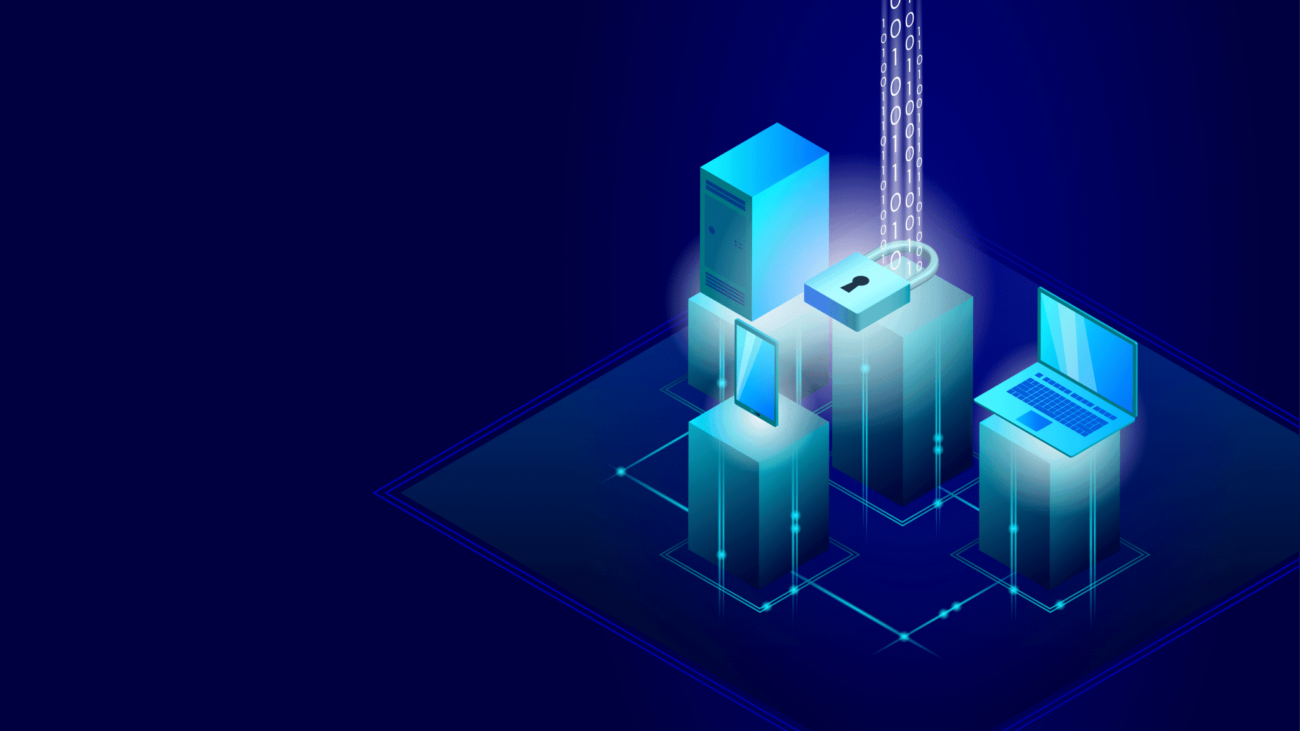Data privacy is long due to it’s importance. For many companies, having your data secure with zero trust architecture is a sure way to safeguard everything. It’s becoming more and more apparent that cyber threats will happen. The best thing you can do is be prepared. In this blog, we will discuss measures you can take to upgrade your data privacy with zero-trust architectures and more. Read on!
Understanding Zero Trust Architecture
So, what is zero trust architecture? It’s mainly in the name “never trust, always verify.” Any outside user from the network is not authorized. Unlike other security services, zero trust automatically assumes that threats can be inside and outside a network. So with that being said, everyone is required to validate. That means every device, user, and application that is trying to access the information.
Examples of Zero Trust Architecture Compliance
There are a ton of different examples of zero trust networks and architectures, but one of the most popular is multi-factor authentication. This is where you try to log in somewhere and need a code or other login verification method to access controls. Also, when data is encrypted is a good example of zero trust. It can protect your company from unauthorized access and provide regular audits to assess areas for improvement. Then relay that information back to your IT professionals so they can take the necessary steps.
Best Tips to Enhance Data Privacy
Data privacy is becoming more and more essential for businesses so what’s a sure way to protect your information? Read on for Fognigma’s many tips and recommendations.
Maintain Software
One of the easiest ways to keep your data private is to routinely update your software. A lot of times, companies have dated software, and that’s the best way for hackers to get into their infrastructure. Making sure your company has antivirus software and other network security applications containing the most recent software updates is the best way to defend against today’s cyber threats. However, this is only the first step to take. There are multiple other things to do to protect your content. Because of how evolving the threat landscape is, updating your software is only half the battle.
Make Visibility a Priority
Believe it or not, many security breaches are internal and unintentional. To help with this, companies should often monitor user activity, restrict harmful website access, and analyze activity logs. With these practices in place, you can have better visibility of everything going on within your network. Then, at this point, you’re in a better position to detect potential threats before they escalate.
Restrict User Permissions
Having your employees have full access can be dangerous. Not that they’re untrustworthy, but many insider threats can be purely accidental. Because of this, it’s safer to restrict your users to specific websites and resources. The last thing you’d want is to have a disgruntled or former employee have access to your data and cause significant damage. Another great way to implement this is to have company-provisioned devices. This way, you can manage access the most effectively.
Ensuring Compliance with Zero Trust Architecture
Zero-trust architecture is the last tip and possibly the most important feature for data protection. Using zero-trust, you can implement strong authentication with multi-factor access, biometric verification, advanced encrypted data, and regular audits. Having all of these practices in mind is a sure way to protect your data against outside and inside threats.
What is the concept of data privacy zero trust?
We’ve mentioned zero-trust architecture above, but what is the true concept of this practice? Zero trust is a great feature that will not allow a device or user to gain access within a network without some other form of identification. Think of it as a more in-depth multi-factor authentication. This approach is one of the best ways to protect data and has multiple protection layers, so the risk of unauthorized access is minimal.
What is the difference between data privacy and data protection?
More often than not, most people use the terms data privacy and data protection interchangeably, but they are actually quite different. Data protection involves securing all types of data, including non-personal information. It mainly focuses on safeguarding disruption, unauthorized users, and any potential for destruction. Data privacy mainly refers to the management and control of information. This mostly includes personal information like addresses, names, or even financial information. Overall, data protection is a broader term with a bigger scope than data privacy.
Conclusion
Zero-trust architecture is becoming more apparent that it is essential for data privacy. Companies all over the world are implementing these safety measures so they can better protect sensitive information from data breaches, hacks, and more. If you’re interested in incorporating zero-trust architecture compliance, team up with companies like Fognigma, which can help enhance data privacy security and more. Having a robust security system is the best way to safeguard your data. Contact us today to learn more about how we can help your network.
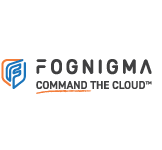
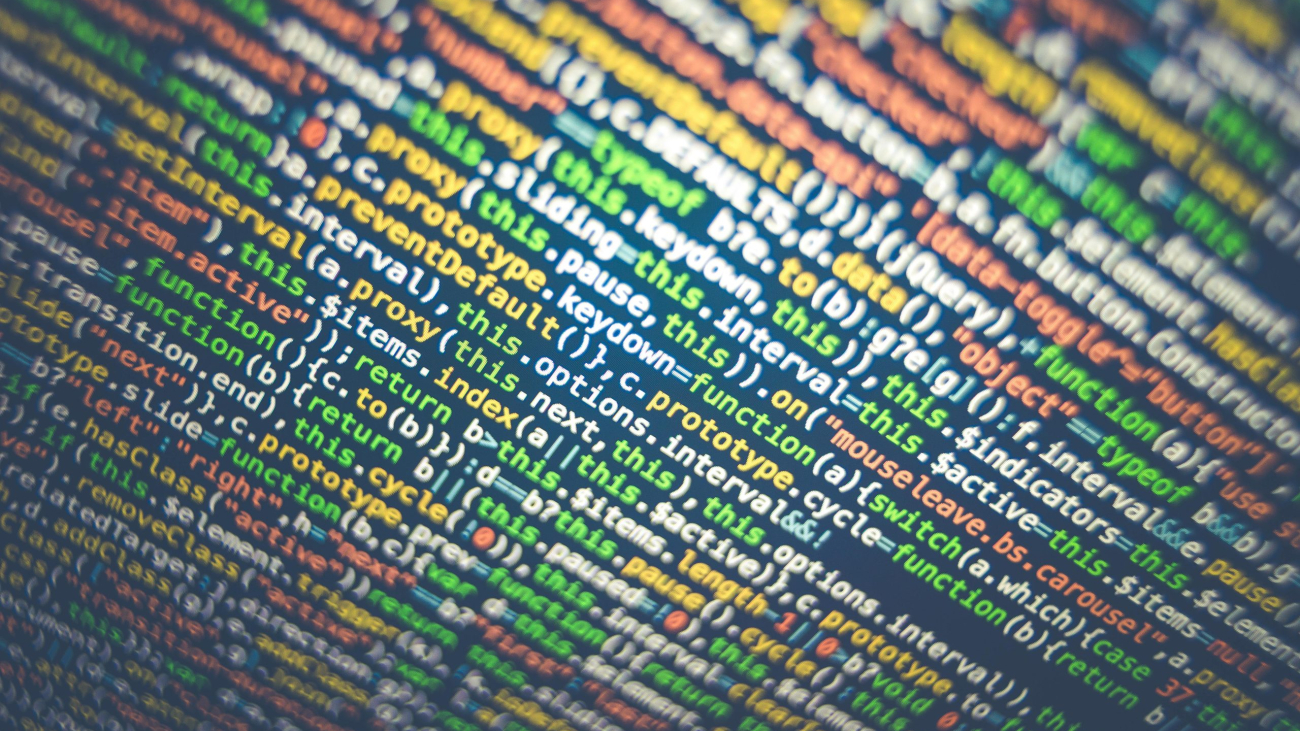









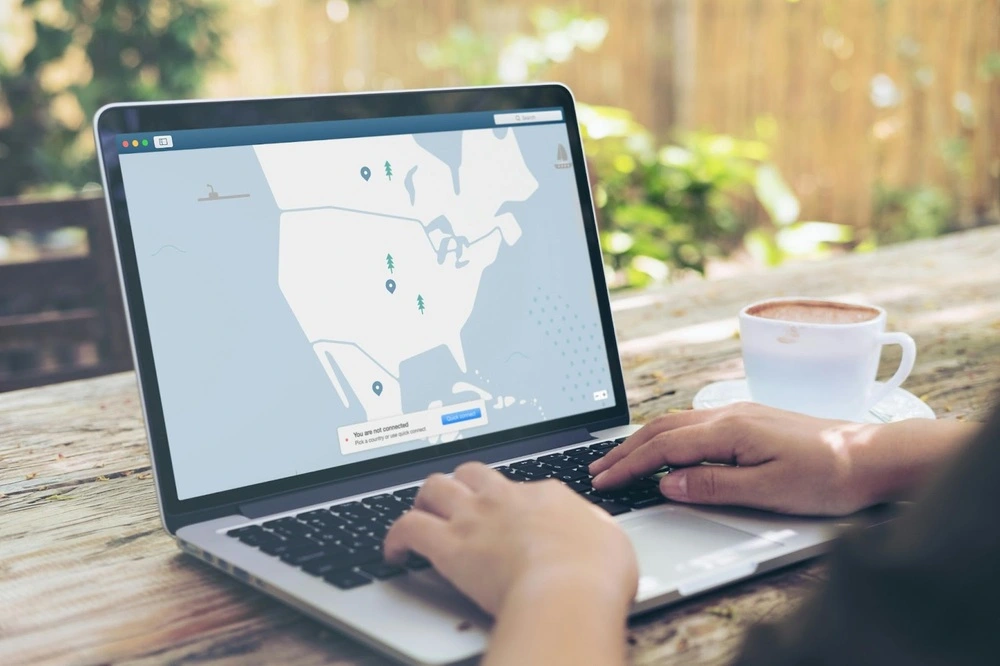
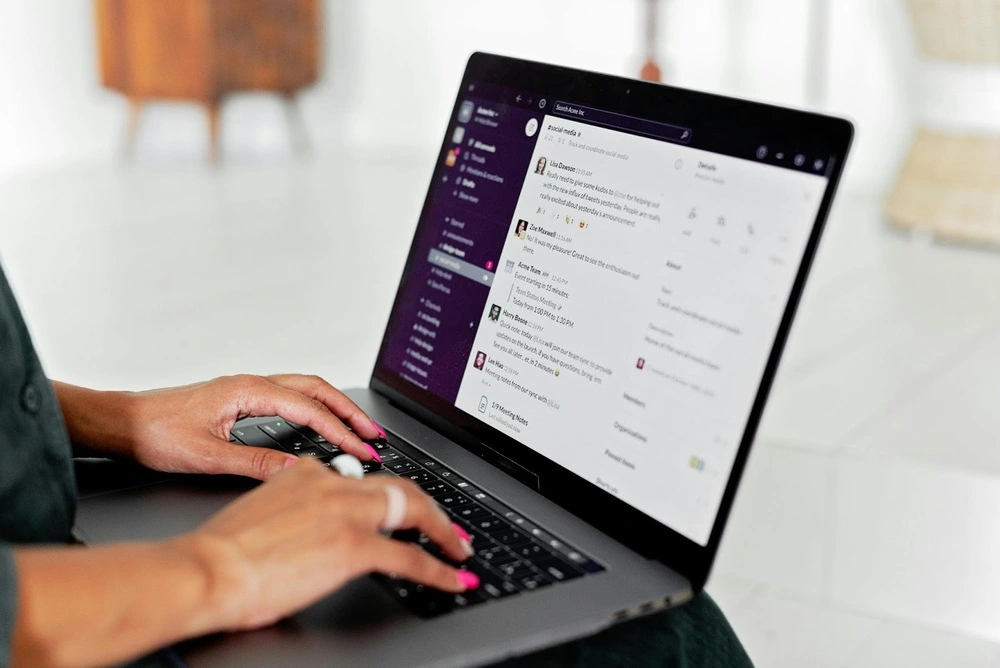


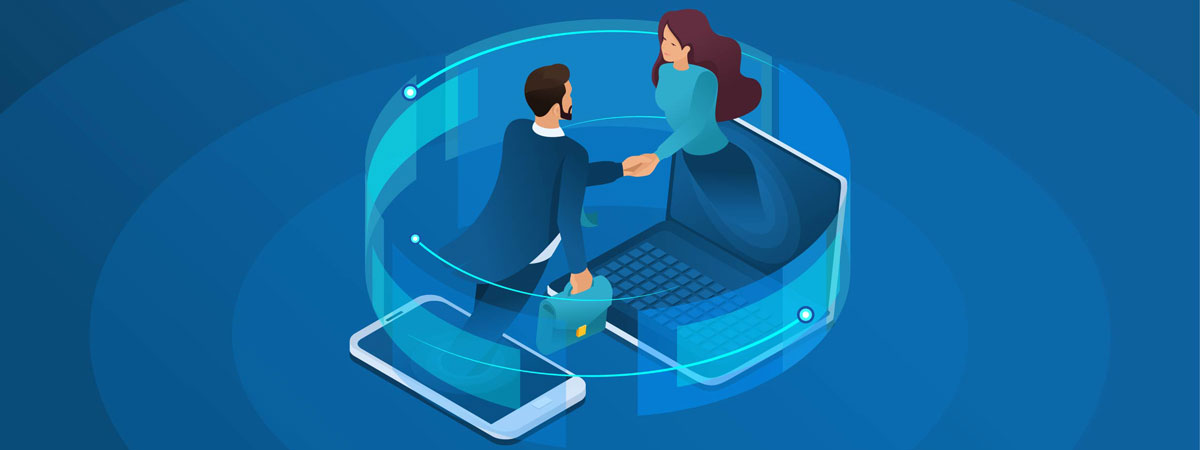


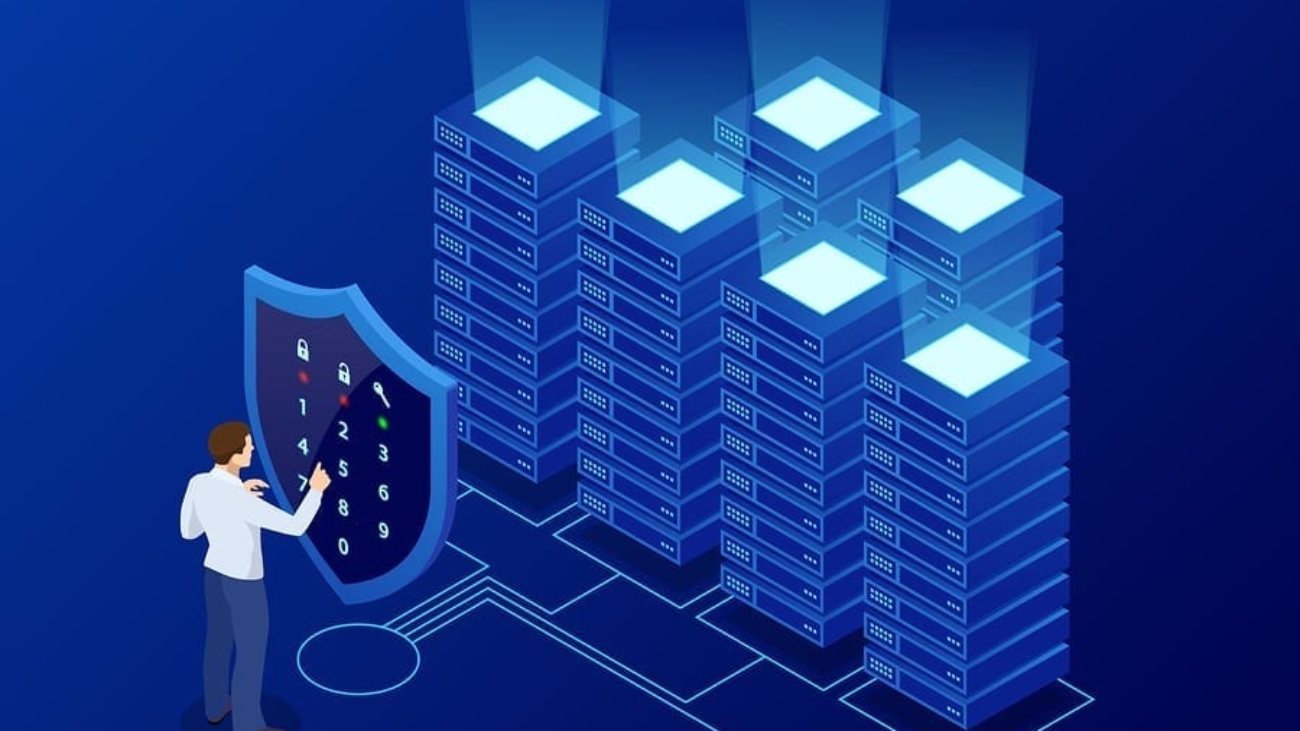
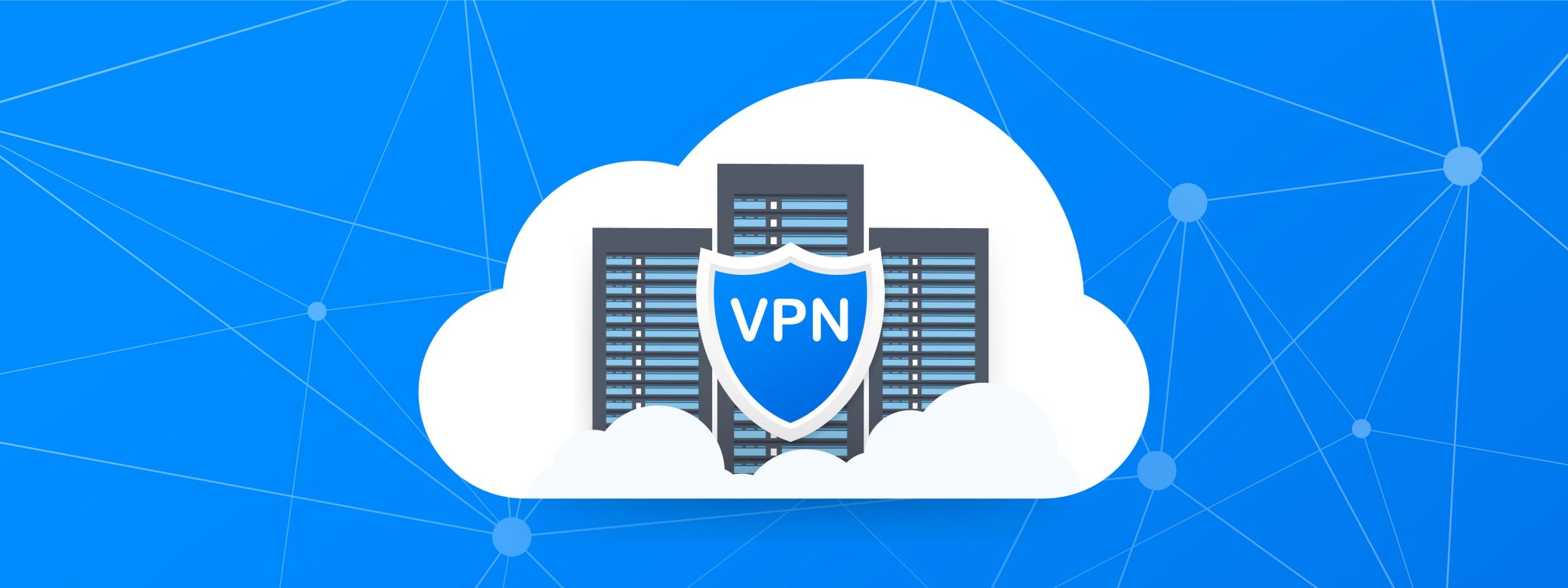

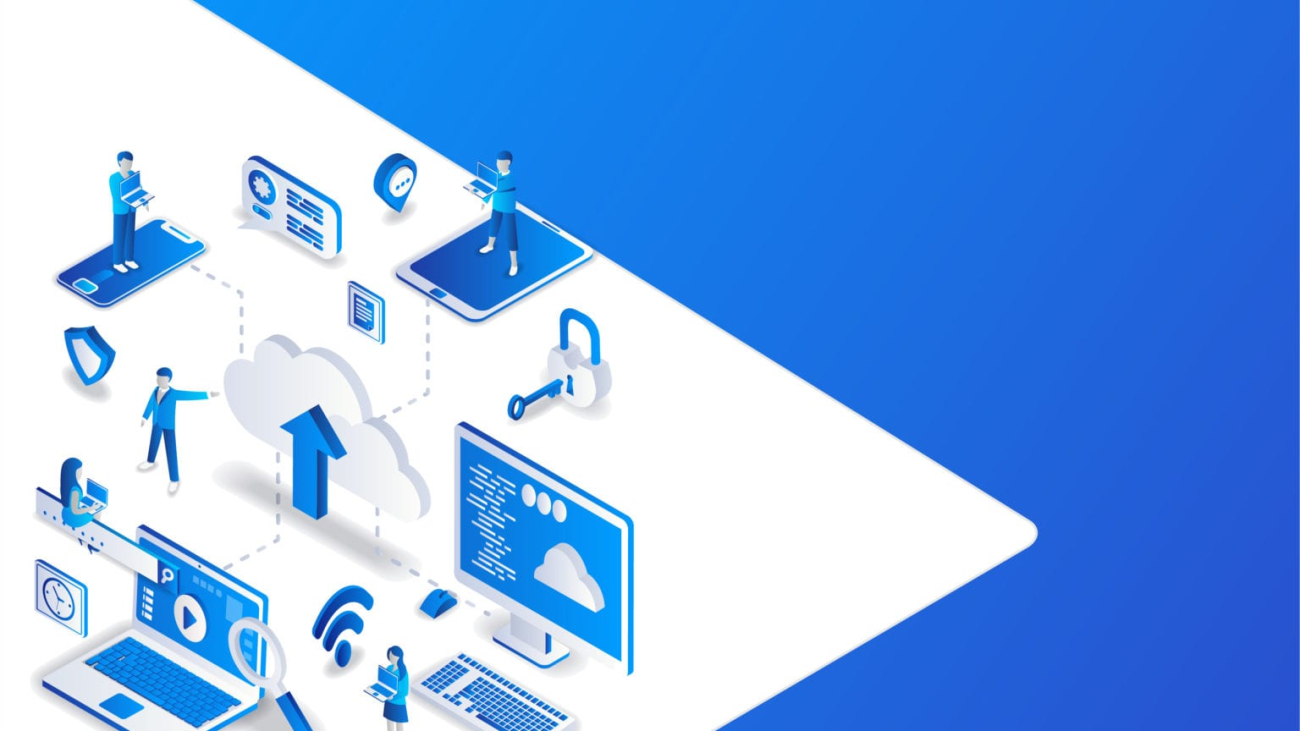



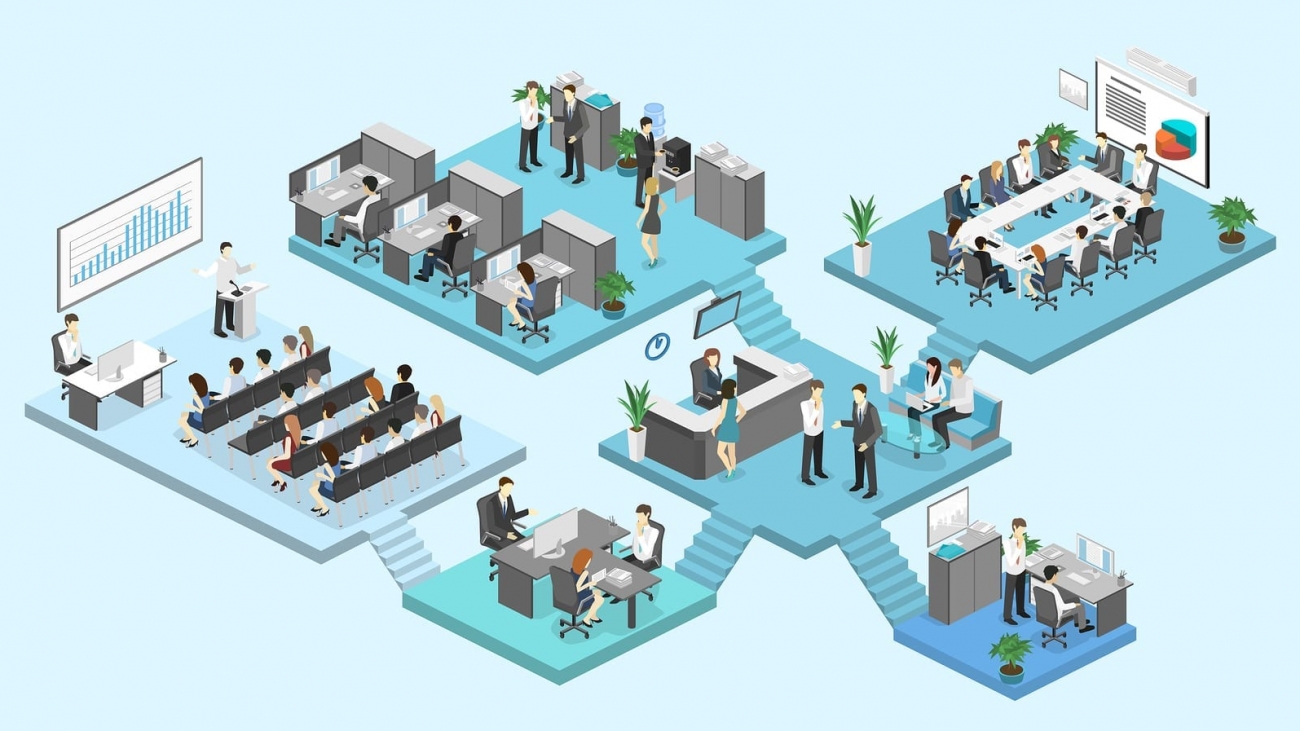

 NETWORK ANONYMITY
NETWORK ANONYMITY


